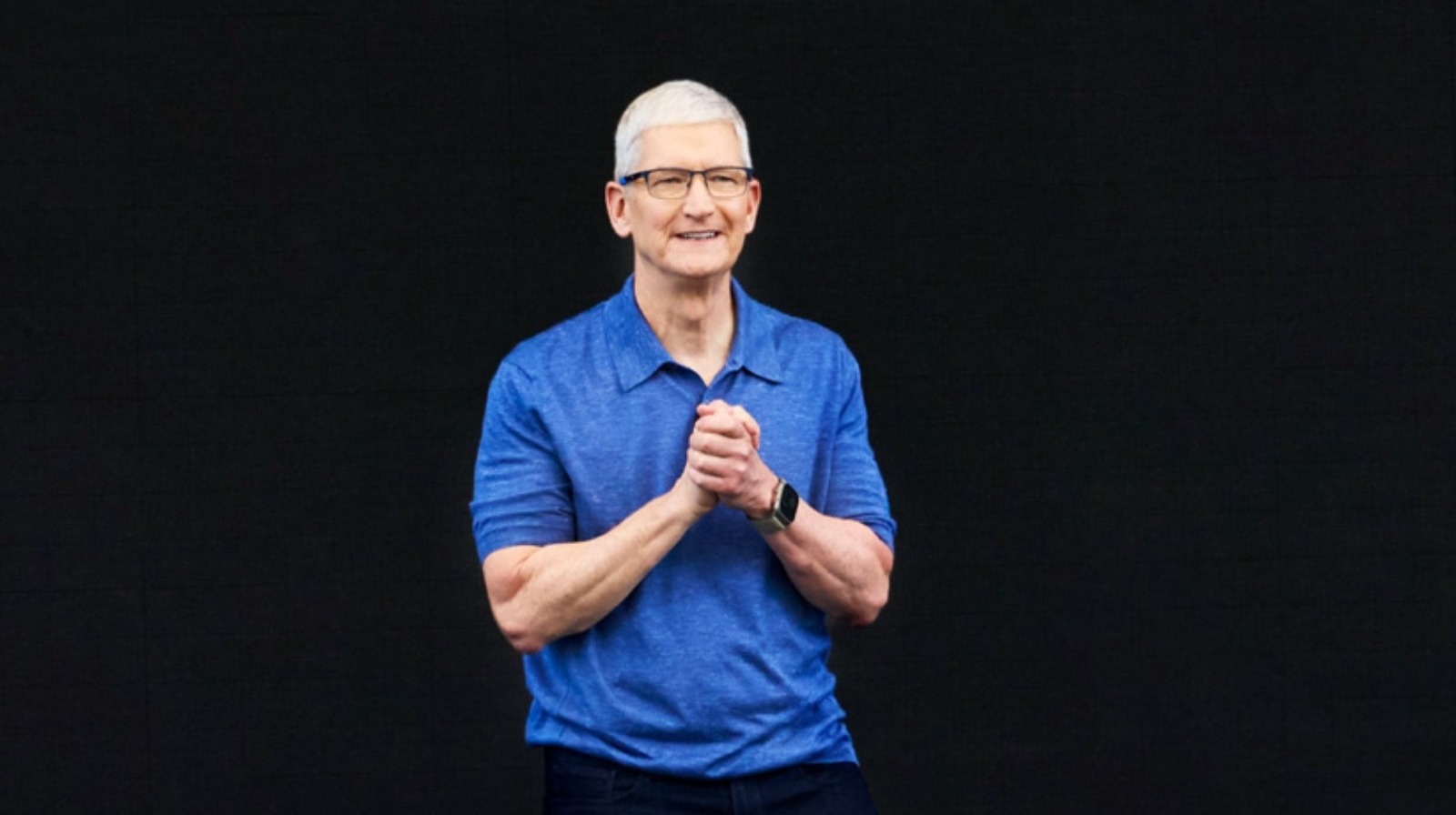2025 is the year AI is used for just about everything: making music, editing videos, doing classwork, booking reservations, coding, and even bringing people back from the dead. Well, their likeness, at least. These digital resurrections have been used to fight for tougher gun laws, address their own killers at court, and, eventually, to sell you stuff.
NPR reported on the rise of AI deadbots, which are AI avatars of deceased people. As Mashable wrote in May, digital resurrection projects have been in use for a few years, but it’s advanced alongside generative AI.
Mashable reported in May on Stacey Wales, who used AI to create a video of her late brother to address the courtroom at the sentencing for the man who killed him in a road rage incident, leading the judge to hand down the maximum sentence. In February 2024, as Mashable also reported, March For Our Lives and Change the Ref created a new campaign called The Shotline that allows gun reform supporters to contact their representatives with automated voicemails featuring the reanimated voices of people killed by gun violence.
Katarzyna Nowaczyk-Basińska, a research fellow who studies how AI bots are reshaping our understanding of death, loss and grief at the Leverhulme Center for the Future of Intelligence at the University of Cambridge, told Scientific American in April that generative AI combines “huge amount of personal data and AI” to create what is essentially “digital immortality,” or the ability to create a “virtual representation of yourself that can be used long after your biological death.”
Mashable Light Speed
And this new technology is changing how we experience loss.
“Experts agree on that we need much more discussion on this and we need much more ethical guardrails and framework that will help us to make sense of this new phenomenon, that we need much more [well-thought-out] regulations and responsible design,” Nowaczyk-Basińska told the outlet. And as the documentary Eternal You reveals, using people’s grief for financial gain is something AI companies aren’t shying away from.
Beyond the very real ethical questions that arise from this kind of work is an economic one: Someone, and likely many someones, are going to make a lot of money from this grief.
According to NPR, the “digital afterlife industry” is “expected to quadruple in size to nearly $80 billion over the next decade,” including everything from the creation of AI deadbots to posthumous communication services like scheduled texts from deceased people. And as the industry grows, the technology could even be used for advertisements. Imagine a deceased celebrity whose likeness is repurposed to sell soda. One AI researcher, James Hutson from Lindenwood University, told NPR that “of course it will be monetized.”
It’s clear: AI deadbots aren’t going away, and they represent one more ethical issue in the fast-growing generative AI field.
Topics
Artificial Intelligence








